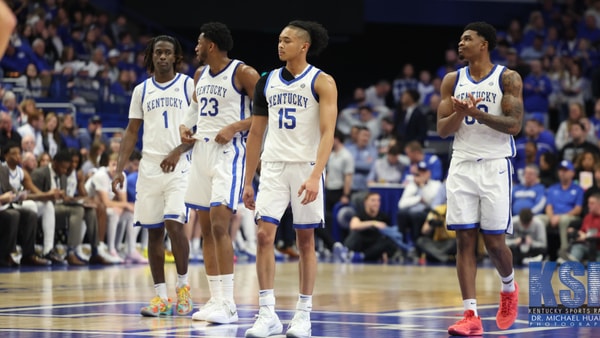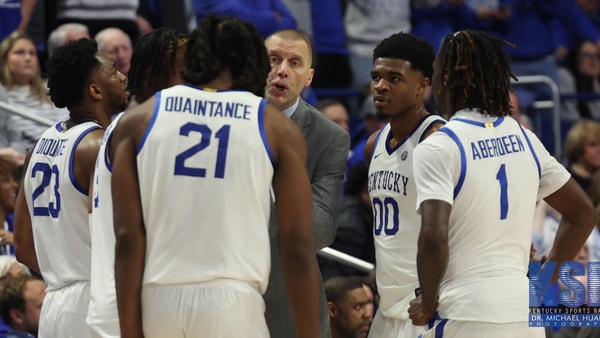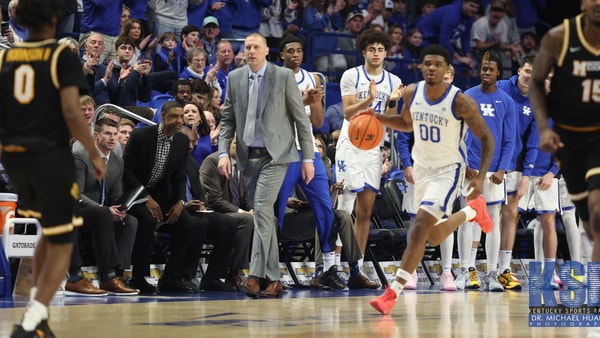BLADE RUNNER 2049: Need It or Nah?

This might get me burned at the stake were I to say it within shouting distance of a Hollywood movie studio, but most movies don’t need sequels. Yes, building a single film into a franchise is more or less a license to print money, and I’ll confess that I eagerly gobble up every new Star Wars and Marvel outing, but I’m convinced that in most cases, I’d rather get an original work than a second installment.
This is especially true when a sharp, potentially visionary director is kept from creating an original film because they’re tapped to work on a sequel. Rian Johnson, who directed the upcoming Star Wars movie, is a perfect example. His films Brick, The Brothers Bloom, and Looper show a director with a knack for making brilliant, high-concept art on a fraction of the budgets squandered by many so-called tentpole franchises. On the one hand, this is great news, since it means the beloved institution that is Star Wars is in capable hands. But on the other hand, what else could Johnson have been doing with the last three years of his directorial life that Star Wars has kept him from taking on?
This brings me to Denis Vilanueve and Blade Runner 2049, which opens this weekend and stars Ryan Gosling and Harrison Ford, the latter of whom reprises his role from the 1982 original. Blade Runner, a ponderous, philosophical film set in Los Angeles in the year 2019 (where there are flying cars but computers still look like they did in 1982) is an iconic piece of sci-fi dystopia.
Watching it again last night in preparation for this weekend, I was struck by how little dialogue the film contains, and how even its action sequences are methodical to the point of feeling dull when compared to the mile-a-minute intensity of the typical superhero showdown.It’s just a different animal, is what I’m saying. In fact, in a medium where nearly everything is a copy of something that came before, I can say with confidence that I’ve never seen anything like Blade Runner.
Presumably, though, that’s only going to be true for another day or two, when I see its sequel (what, you thought my complaining was going to keep me from seeing it?). At which point, I’ll have to make two judgments:
- Is Blade Runner 2049 a worthy sequel to its legendary predecessor?
- Was it worth Denis Villenueve’s opportunity cost? That is, would I rather he have used the time he spent on this movie making an entirely original movie?
To determine whether or not Blade Runner 2049 is good enough to convince me that it should exist at all, I’ll ask questions like, “Is Blade Runner better or more interesting or more emotionally resonant given the existence of its sequel?” and “Does Blade Runner 2049 honor the visual and philosophical spirit of its predecessor in such a way that it feels like a natural, logical extension rather than something tacked on?”
These are complicated questions that people who like Blade Runner will answer differently, whether or not they’re looking forward to the sequel.
The second question is a little simpler. Basically, it boils down to thinking about Vilanueve’s existing filmography (Prisoners, Sicario, and Arrival) and estimating whether, having seen Blade Runner 2049 and given the high quality of those three movies, I wish that he’d spent his time and considerable gifts directing a non-franchise, non-sequel movie.
I have no idea what the answer to either question will be. If I had to guess, I would say that I will be mostly glad that Blade Runner 2049 exists and pleased that they got such a sharp filmmaker to direct it, but I’ll always wonder what movie, in an alternate universe, Villeneuve would’ve made instead. I know that makes it sound as though I’ve already made up my mind, but this prediction is based entirely upon my (admittedly pretty well-honed) sense of how much I’m going to like the sequel based on its trailers. There’s every chance I walk out of the theater bemoaning the entire project and feeling as though the original film has been unnecessarily besmirched.If that happens, then any question of a Blade Runner sequel making sense in the first place will be beyond doubt.
But no matter what the outcome of this particular sequel, this is an issue we’re going to be dealing with for the foreseeable future. Nostalgia mining has turned into its own Hollywood industry, and it feels like the days of rebooting or continuing old stories is only beginning. We may be looking at decades of head-scratcher sequels and a seemingly endless line of bright young directors picked to bring them to the screen. Some of them will work; many of them likely won’t, and no matter the outcome, we’ll all be left wondering: “What if?”







Discuss This Article
Comments have moved.
Join the conversation and talk about this article and all things Kentucky Sports in the new KSR Message Board.
KSBoard